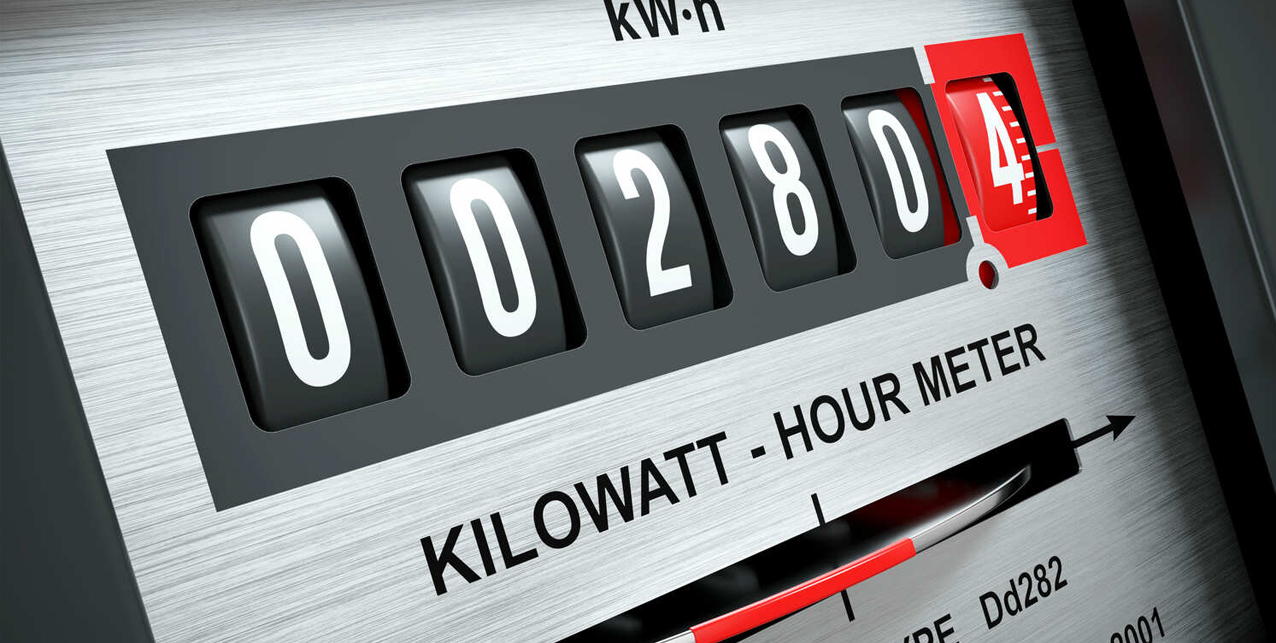
How much do you know about kilowatts? Have you ever wondered how many kW (the abbreviation for kilowatts) does it take to power a house?
Luckily, the team at Peso Power is here to answer your burning questions and give you the inside scoop on all that this electrical term entails.
How Many kW to Run a House?
It is important to know and understand your power bill, which includes being aware of the amount of energy your home uses on a regular basis.
- Before we address the question of “How many kW does a house use?” you have to first understand what kW are and what they do.
- The term kilowatt refers to a unit of electrical power equal to 1000 watts. Utility consumption is measured in kilowatt-hours, abbreviated as kWh.
- The next time you’re perusing your electric bill and wondering how many kW it takes to run a house, check out you’re kWh listed on the document.
- The amount of kW used to run a home depends on the size of the house in addition to the frequency of appliances and devices used, and at what times of the day. Typically, the more residents living in a home, the more energy is used.
- On average, a home in the U.S. uses approximately 900 kWh per month.
- That number equals about 30 kWh per day or approximately 1.25 kWh per hour.
Save Energy—and Money—with Prepaid Electricity
Using prepaid electricity data to monitor your home’s utility consumption is an easy way to save money and energy on a regular basis.
- What is prepaid electricity? Prepaid energy is a term that refers to utility plans that put customers in the driver’s seat—not the power company.
- Thanks to the competition created by a deregulated energy market in Texas, electricity companies are vying for each other’s customers.
- This means that residents living in deregulated areas have the freedom to choose their energy providers, instead of being forced to pay for the services of a sole provider.
- Peso Power provides affordable, reliable prepaid, postpaid, and small business energy plans designed to meet each customer’s unique needs.
- Prepaid electricity is an approach that entails customers paying ahead of time for their household’s power consumption before it is even used.
- Conversely, postpaid electricity requires payment at the end of the usage and billing cycle and usually provides little to no wiggle room when it comes to paying for an unusually high or unexpected power bill.
- Consumers who are trying to curb utility costs can opt to enroll in a prepaid power plan for more control over their usage and resulting charges.
- Thanks to electronic devices called Smart Meters, prepaid customers can track their home’s power consumption habits in real-time, allowing them to scale back as needed in order to stay on track with their “pay as you go” preset limit.
- However, things happen in life, as we all know—prepaid power customers can easily add more funds to their accounts to tide them over until the end of the billing cycle as needed.
- Peso Power’s friendly, knowledgeable team also utilizes the electricity data recorded and transmitted by Smart Meters to help customers by developing tips and tricks to keeping costs low, as well as spotting and addressing any issues head-on.
- Not only does Peso Power offer a variety of prepaid, postpaid, and small business power plans that you can count on—you can enroll with NO credit check, NO deposit, and NO SSN or ID check required.
Now that you’ve brushed up your knowledge on kilowatts and prepaid energy, it’s time to sign up with Peso Power!
Peso Power is the top energy provider in Texas, with an array of plans to choose from, whether you’re looking for prepaid, postpaid, or even small business electricity options.
Peso Power has plans available with NO credit check, NO deposit, and NO SSN or ID check required.
Call, email, or fill up the inquiry form and start saving with plans from Peso Power— as soon as same-day activation is now available!